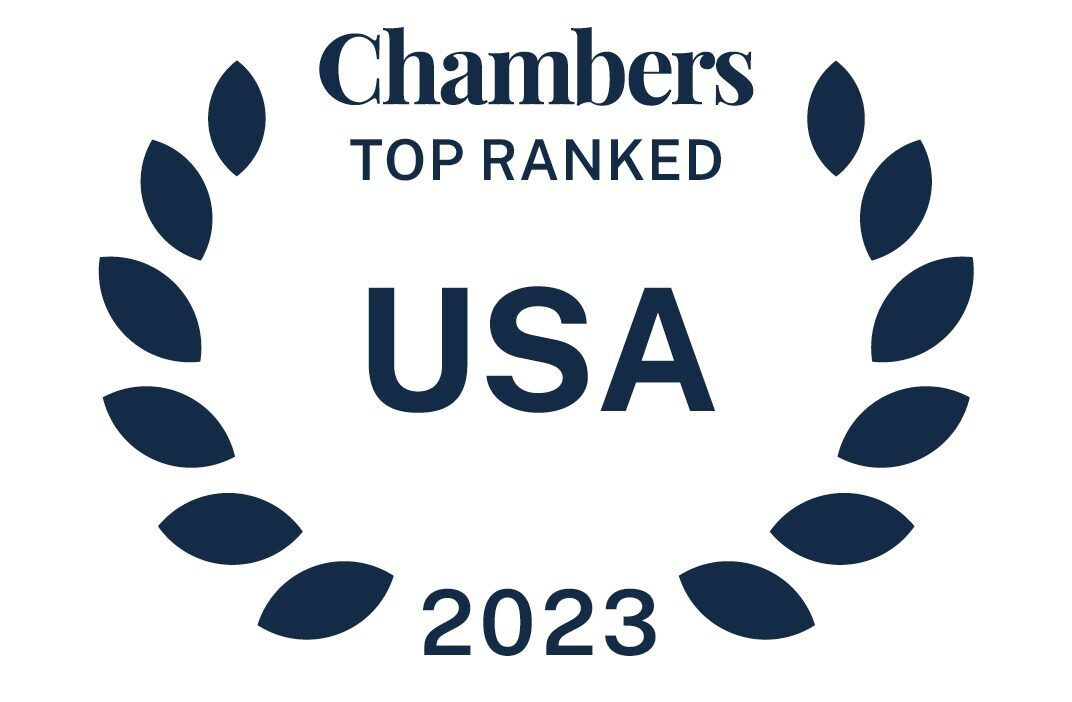The Electronic Health Records (EHR) Incentive Program run by Centers for Medicare and Medicaid Services (CMS) garnered attention again last week following the release of a report by the Office of Inspector General of the US Department of Health and Human Services (OIG) describing inappropriate payments to physicians under the program. The report follows on the heels of a high-profile settlement under the False Claims Act between the US Department of Justice and an EHR vendor related to certified electronic health record technology (CEHRT) used in the EHR Incentive Program (which we’ve previously discussed in-depth).
The OIG reviewed payments to 100 eligible professionals (EPs) who received EHR incentive payments between May 2011 and June 2014 and identified 14 inappropriate payments. OIG extrapolated the results of the review to the 250,470 total EPs who received incentive payments during that time period and estimated that CMS made approximately $729 million in inappropriate EHR incentive payments out of a total of just over $6 billion in such payments during the review period.
All but two of the inappropriate payments in the sample were made despite the fact that the EPs did not maintain or could not provide adequate support for their attestations of meaningful use of CEHRT. This included the inability to provide (1) a security risk assessment, (2) support that they had generated at least one report listing patients with a specific condition and (3) required documentation in the form of patient encounter data for the measures to which they self-attested. In addition, one EP based his attestation on 90 days of encounter data rather than a full calendar year and one EP conducted less than 20 percent of his patient encounters at a location that used CEHRT, failing to meet the required 50 percent threshold.
The OIG also identified over $2 million in EHR incentive payments made to EPs for the wrong payment year when the EP switched between Medicare and Medicaid incentive programs.
Other than recovery of the $291,222 of inappropriate payments made to EPs in the sample and $2.3 million of inappropriate payments made to EPs who switched between the Medicare and Medicaid programs, it is unclear how the report will impact CMS’s program review efforts. In response to OIG’s recommendations that CMS (1) review incentive payments to determine which EPs did not meet the program’s requirements and to attempt to recover the entire $729 million of estimated inappropriate payments and (2) review a sample of the EPs’ documentation supporting their self-attestations of meaningful use, CMS Acting Administrator Patrick Conway said that CMS would continue to conduct its current program of targeted risk-based audits of incentive payments through the remainder of 2017. OIG expressed doubt that these targeted risk-based audits capture errors identified in the report and reiterated its recommendations for additional reviews.
The EHR Incentive Program was developed to encourage EPs and certain hospitals to adopt, implement, upgrade and demonstrate meaningful use of CEHRT. The EHR Incentive Program for EPs will sunset at the end of 2018, but physicians and other clinicians will account for use of CEHRT under the new Quality Payment Program.



